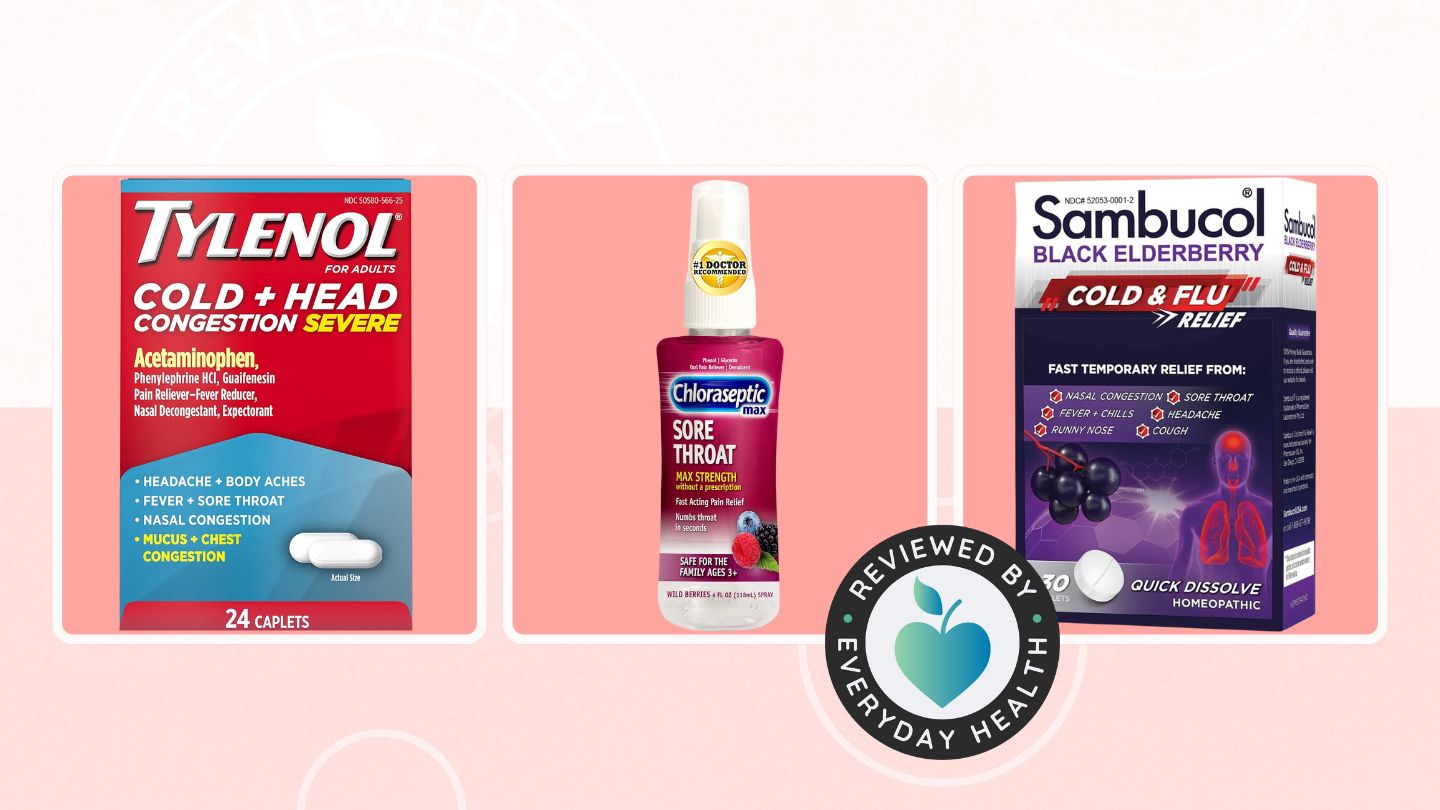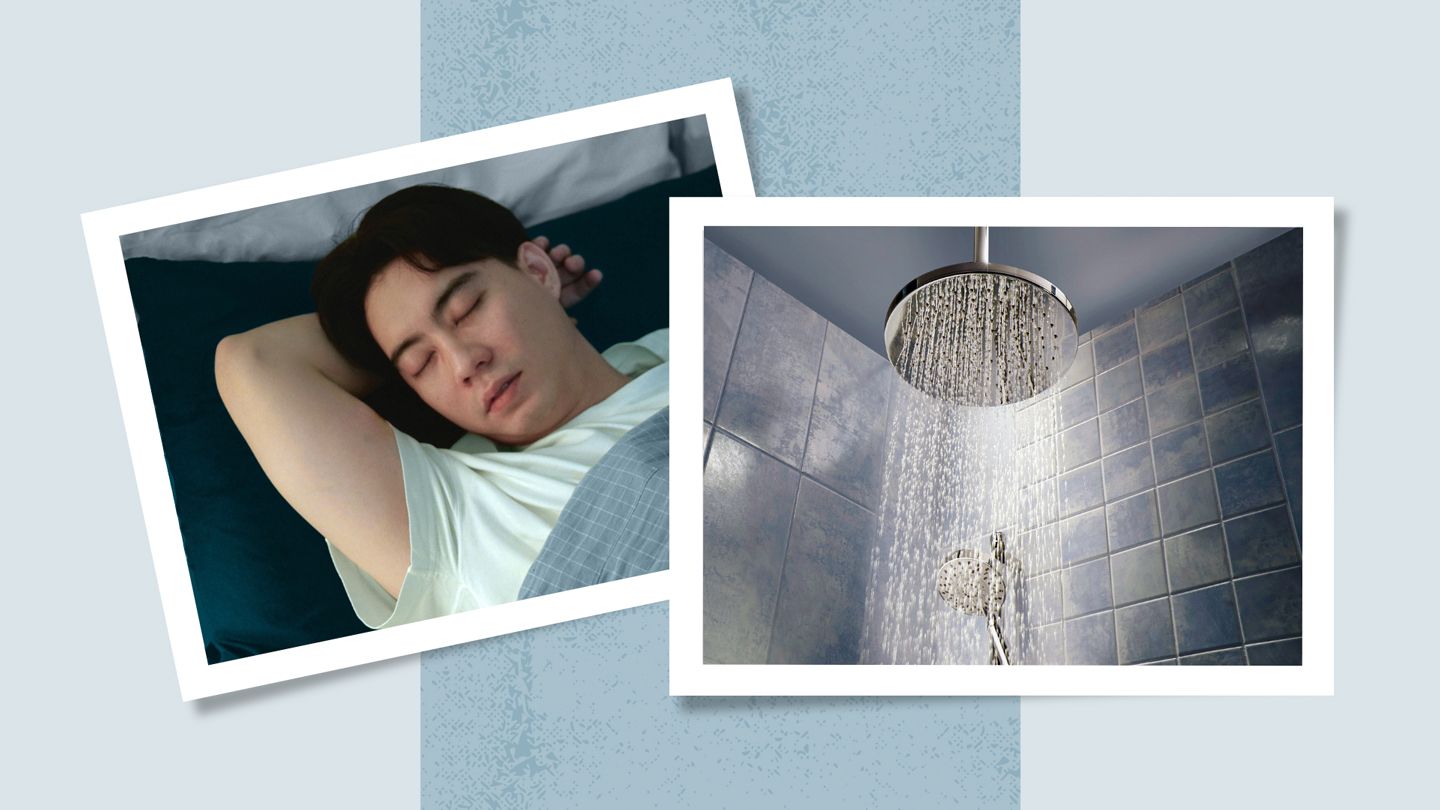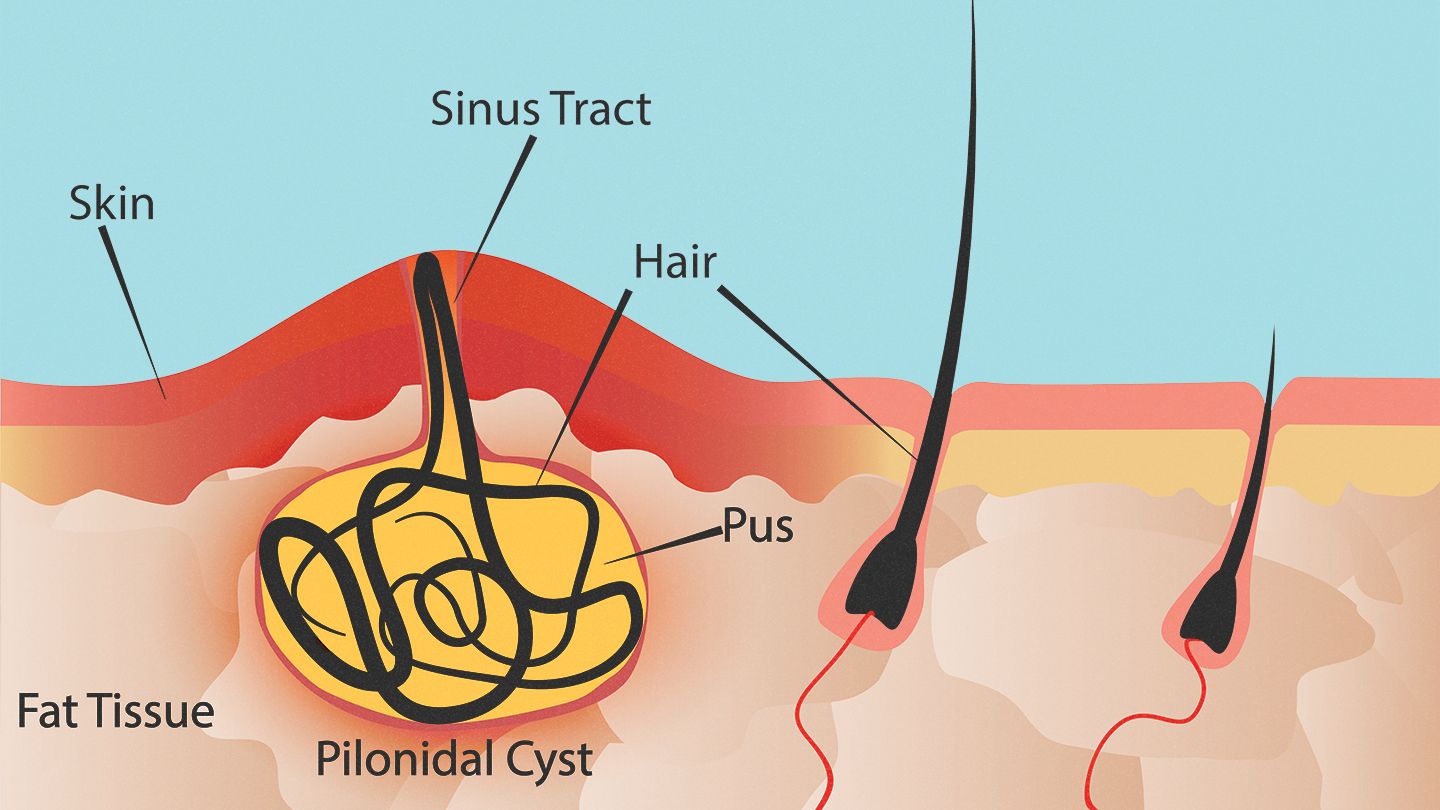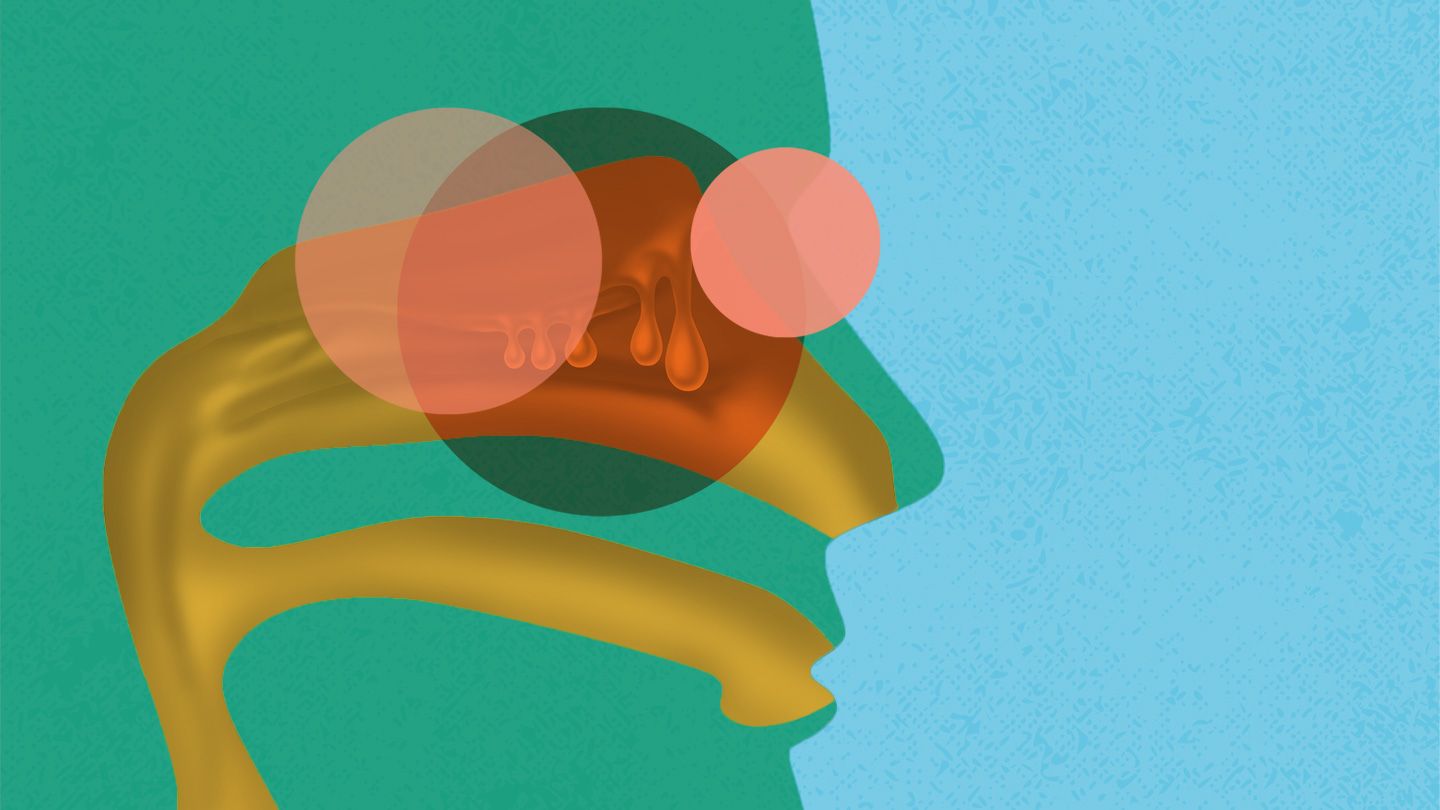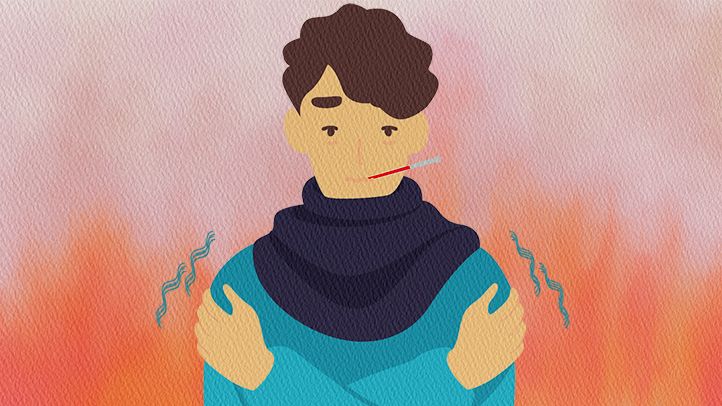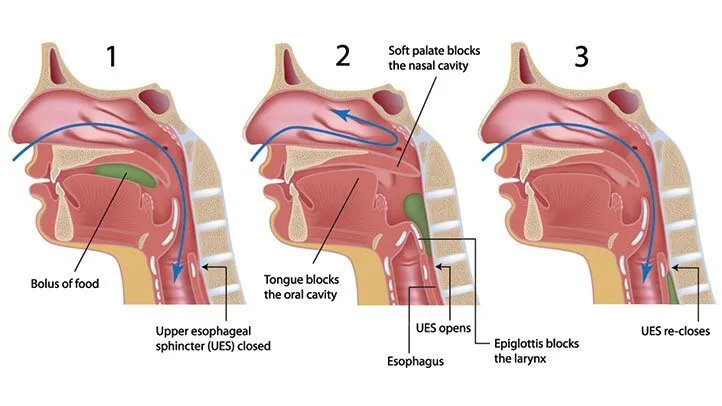What Causes a Tickle in the Throat?
A tickling sensation or irritation in the throat is a common problem that most people experience at some point. This annoying throat tickle can be caused by a variety of factors, including:
- Postnasal drip - Excess mucus dripping from the back of the nose into the throat can cause tickling and irritation.
- Allergies - Allergic rhinitis can trigger postnasal drip, leading to a tickly throat.
- Dry air - Dry, cold air can dry out and irritate the throat tissues.
- Respiratory infections - Viral infections like the common cold or flu can cause throat inflammation and tickling.
- Gastroesophageal reflux disease (GERD) - Acid reflux can irritate the throat and trigger a tickle sensation.
- Smoking - The chemicals in cigarettes can irritate the throat lining.
- Irritants - Things like smoke, pollution, and strong fumes can trigger throat tickling.
In some cases, more serious conditions like tonsillitis, laryngitis, or throat cancer can also cause a persistent tickle in the throat. If the irritation doesn't go away after a week or two, it's a good idea to see your doctor to identify the underlying cause.
How to Get Rid of a Tickle in the Throat
Fortunately, there are many effective home remedies and over-the-counter treatments available to help soothe a tickly, irritated throat. Some options to try include:
Stay Hydrated
Drinking plenty of fluids can help keep your throat moist and prevent dryness that leads to tickling and coughing.Aim for 8 glasses of water, juice, or other non-caffeinated beverages per day.
Use a Humidifier
Running a humidifier adds moisture back into dry indoor air, which can provide relief for a tickly throat. Keep the humidity around 30-50% in your home.
Gargle with Salt Water
Gargling several times a day with warm salt water can help draw out mucus and fluids to reduce throat irritation. Mix 1/2 teaspoon of salt in a cup of warm water.
Suck on Lozenges
Sucking on soothing throat lozenges, especially those containing menthol or anesthetic ingredients, can temporarily numb and lubricate an irritated throat.
Use Throat Sprays or Lozenges
Over-the-counter throat sprays and lozenges containing benzocaine or phenol can temporarily numb the throat tissues and provide quick relief from tickling and irritation.
Try Honey
The rich thickness of honey can coat and soothe an irritated throat. Try a spoonful straight or mixed in tea or warm water.
Use Steam
Inhaling steam from a hot shower or pot of boiling water can help moisturize a dry, tickly throat. Add menthol or eucalyptus to the water for extra relief.
Avoid Irritants
Steer clear of substances that could further irritate your throat, like cigarette smoke, alcohol, caffeine, and acidic foods.
Take Antihistamines
If allergies are contributing to your throat tickle, taking an over-the-counter oral antihistamine like cetirizine or loratadine can help reduce mucus production and throat irritation.
Use a Nasal Spray
If postnasal drip from allergies or a cold is leading to your throat tickle, using a nasal decongestant spray can help dry up excess mucus.
Try Marshmallow Root
The mucilage in marshmallow root makes it an excellent throat soother. Take it as a tea or lozenge.
Take Anti-Acid Medication
For a tickle caused by acid reflux, over-the-counter antacids like Tums or acid reducers like Zantac can help decrease throat irritation.
Use Throat Lozenges
Sucking on medicated throat lozenges can temporarily soothe throat irritation and lubricate the throat. Menthol and phenol lozenges may provide numbing relief.
Try Licorice Root Tea
Licorice root has soothing properties that can help relieve throat inflammation and irritation. Drink as a warm tea.
Take Guaifenesin
The expectorant guaifenesin can help thin mucus secretions and reduce postnasal drip that triggers throat tickling.
Use Echinacea
Echinacea has anti-inflammatory effects that may help reduce throat irritation during a cold or respiratory infection.
Try Throat Coat Tea
This herbal tea contains marshmallow root, licorice root, and slippery elm to coat and soothe an irritated throat.
Suck on Hard Candy
Hard throat lozenges and candies like menthol cough drops can provide soothing relief for a tickly throat.
When to See a Doctor
While most throat tickles resolve with simple home treatments, it's a good idea to see your doctor if:
- Your throat tickle lasts longer than 2 weeks
- It is associated with persistent pain
- You have difficulty swallowing
- You have a fever
- You see white spots on your tonsils
- You are coughing up blood
A persistent throat tickle along with these other symptoms could indicate an underlying condition that requires medical treatment. It's better to be safe and get it checked out.
Preventing Throat Tickles
You can lower your risk of developing an annoying throat tickle by:
- Staying well hydrated
- Using a humidifier in dry environments
- Avoiding irritants like smoke
- Treating allergies
- Managing acid reflux
- Not smoking
- Gargling with salt water
- Taking guaifenesin when you have a cold
Implementing some of these preventive measures can help stop throat tickles before they start.
When to Seek Emergency Care
In rare cases, a tickle in the throat may signify a medical emergency that requires prompt care. Seek emergency care if you experience:
- Difficulty breathing or swallowing
- Swollen tongue or throat
- Wheezing or high-pitched breathing sounds
- A feeling like your throat is closing
These symptoms may indicate a severe allergic reaction like anaphylaxis and require epinephrine or other emergency treatments.
The Bottom Line
Dealing with an annoying, persistent tickle in your throat can be frustrating. But finding the source of the irritation and using at-home remedies can typically provide relief and get rid of the problem. Drink plenty of fluids, use a humidifier, try honey or throat drops, and avoid irritants. If throat tickling persists longer than two weeks or you have worrisome symptoms, see your doctor to identify and treat any underlying causes.
FAQs
What are some common causes of a tickle in the throat?
Common causes include postnasal drip, allergies, dry air, respiratory infections, acid reflux, smoking, and irritants.
When should I see a doctor for a tickly throat?
See your doctor if the throat tickle lasts over 2 weeks, is associated with pain/difficulty swallowing, fever, white spots on the tonsils, or coughing up blood.
What are some home remedies to soothe a tickly throat?
Home remedies include staying hydrated, using a humidifier, gargling salt water, sucking on lozenges, drinking honey/tea, inhaling steam, and avoiding irritants.
How can I prevent throat tickles?
Preventive tips include hydrating, using a humidifier, avoiding irritants, treating allergies, managing reflux, not smoking, gargling, and taking guaifenesin.
When should I seek emergency care for a throat tickle?
Seek emergency care for difficulty breathing/swallowing, swollen throat, wheezing, or a feeling of the throat closing, which may indicate anaphylaxis.
Disclaimer: This article is for informational purposes only and does not constitute medical advice. Always consult with a healthcare professional before starting any new treatment regimen.
Related Coverage
Wondering whether to use Mucinex or DayQuil for cold, flu and cough symptoms? Compare the key differences in active ingredients, forms, symptom relief abilities, safety, and best products....
Learn about the top homeopathic medicines that can provide relief from chest congestion due to cold, flu, asthma, allergies. Understand the causes and best home remedies....
Learn about the common causes of sore throat and ear pain occurring together, how to differentiate between viral and bacterial infections, when to see a doctor, and ways to treat and prevent recurrence....
Steam therapy & essential oils in DIY vapor baths bring natural relief for colds, allergies & dry air causing nasal congestion, coughs & chest tightness....
Learn the correct pronunciation of mucus (myoo-kuh s) and discover what causes excess mucus production, key symptoms, and possible treatment options....
From first tickle to last cough, the average common cold lasts 7-10 days, with peak severity around day 4. Learn about common cold stages, symptoms, and treatment....
Discover reasons you may feel chilled or shaky after eating including temperature changes, blood flow shifts, insulin response, and more. Get tips to prevent it....
Mucus plays a protective role, and swallowing it is harmless as it gets broken down. But excess mucus or changes in color may indicate lung infections....
Learn about the common causes of morning nasal congestion and stuffy noses along with 17 natural remedies and medical treatment options for relief....
Sinus infection eye pain is common with sinusitis. Try natural remedies like warm compresses, steam inhalation and nasal irrigation to relieve pressure....

